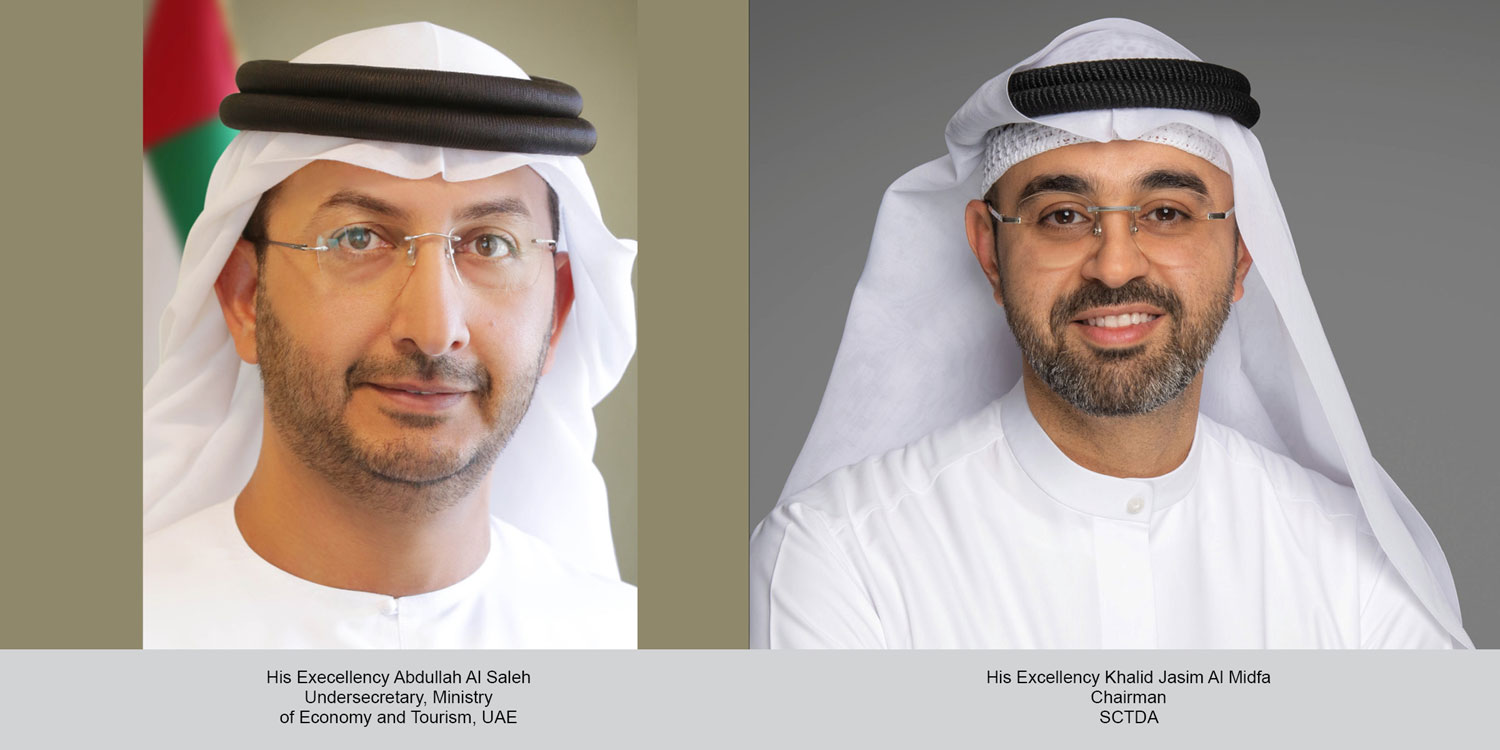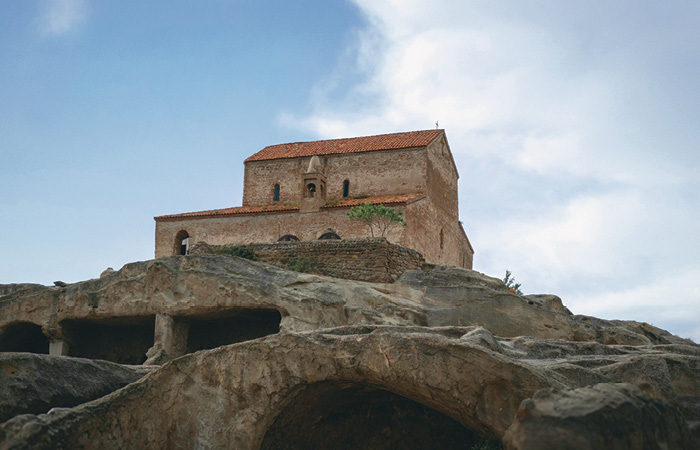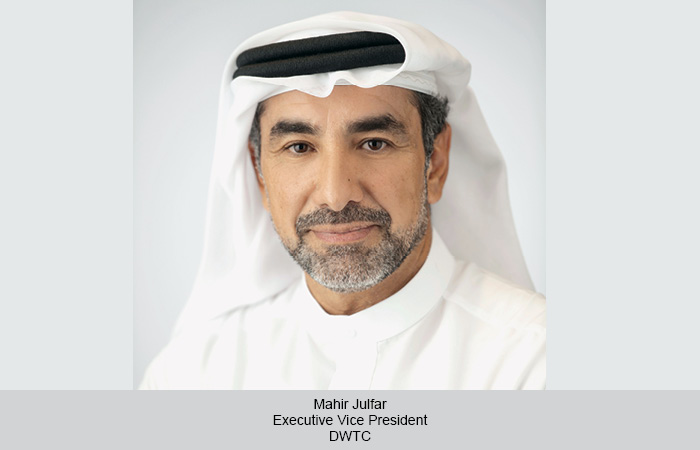One of the world’s biggest cultural and multi-faceted events, Expo 2020, ended in Dubai on March 31, 2022. The exhibition attracted an exponential number of local and international visitors, reinforcing Dubai’s image as a truly global city and an important tourism destination.
On March 2 this year, it was revealed that more than 24 million visitors attended Expo 2020 – a testament to the idea of the event of brining the world together. Despite being delayed by a year, the UAE government has successfully managed and delivered this large and spectacular event through their initiatives and close monitoring to successfully manage the pandemic.
Through Expo 2020, Dubai has reinforced its image as a truly global city and a key destination for tourists seeking diversity in their leisure consumption. This diversity is evident through Dubai’s many leading hotels and resorts, entertainment hubs, shopping malls, and other offerings such as desert experiences, beautiful beaches, magnificent mountains, and outdoor activities.
Expo 2020 has further strengthened Dubai and the UAE’s place as an important global player in several fields, showcasing its key offerings to the world and attracting not just tourists but also business investments. Besides tourism, Expo 2020 has undoubtedly benefitted other sectors such as real estate, retail, construction, and investment. It has helped stimulate growth with increasing hotel occupancy and elevating residential real estate prices. Employment also rose in one of the strongest increases since the beginning of the pandemic. Furthermore, experts have forecasted that direct revenues from Expo 2020 will reach 16 billion USD.
The tourism industry has been one of main benefactors of Expo 2020. For example, Dubai hosted 7.28 million international overnight visitors between January and December 2021. Additionally, in January and February 2022, Dubai has already hosted over 2 million international guests. Hotel occupancy rates have also benefited. According to the latest report from hospitality analytics provider STR, during the week ending March 12, the UAE hotel occupancy rate of 85 per cent was the highest in the world.
While Expo 2020 has helped boost the country’s economy and brought millions of visitors to the UAE, the main question is, ‘What is next’? One thing the event has accomplished is identifying factors which are at the core of the tourism industry and will influence its future – sustainability and connectivity.
Sustainability was one of the most prevalent themes and agenda for the event. The new era of tourism is more focused than ever on sustainability. The industry also needs to respond to the change in consumption patterns of travellers as the number of responsible tourists increases rapidly. From conscious travel to conserving and protecting its natural and cultural resources, the UAE has endeavoured to place sustainability in the heart of its tourism offering. The use of the UAE’s most prevalent resource, the sun, has seen solar power being used to develop and enhance sustainable practices in the industry. For example, home to one of the UAE’s most popular sporting events, the Dubai’ Rugby Sevens, The Sevens Stadium has become the regions first sports facility to use solar energy for its operations.
To help enhance sustainability, the Department of Tourism & Commerce Marketing (DTCM) launched Dubai Sustainable Tourism. This was created to enhance the sustainability of the tourist industry and to contribute and meet Dubai’s wider clean energy and sustainable development targets. For example, in 2021, Dubai Sustainable Tourism launched its ‘Get into the Green Scene’ initiative. This entailed a sustainability calendar that contained environmental days throughout the year when people could engage with eco-conscious actions to promote Dubai’s natural spaces and to inspire collaboration towards enhancing the sustainability of the city and to reinforce the image of Dubai as a world class destination for sustainable tourism.
Smart tourism and connectivity are other concepts gaining popularity and worldwide attention. Expo 2020 was also driven by connectivity and technology – from countries showcasing their rich cultural heritage with the help of virtual tours, to discussions on touchless technology in the industry, technology brought the world together on one platform at the event. Smart tourism focuses on technology as an enabler to enhance the traveller experience and provide a positive and sustainable effect on economies. Smart tourism can stimulate environmental, socio-cultural and economic benefits. This includes promoting local tourism, enhancing the consumer experience and journey, and elevating the global touristic outlook. For example, working with VoiceMap and PocketGuide apps, Dubai’s Department of Economy & Tourism created eight free multilingual culture and heritage-led tours for self-guided city exploration. This was in response to a growing need for audio tours and were created in line with Dubai’s ‘Smart City’ initiative to empower tourists to explore the city in a flexible and active nature.
Within smart tourism, the use of big data and approaches to data processing have been key features in the digital transformation and sustainability of the tourism sector and can be used by industry stakeholders to enhance their offerings and operations. For example, such data allows the sector to make evidence-driven decisions, helps predict the future behaviours, needs and trends of tourists, helps personalise services and experiences more accurately, helps plan and manage a destination’s public services, and aids in tailoring marketing campaigns in existing and new markets. Furthermore, using technology to attract tourists either by use of social media, forums and events that are now streamed across the world are extremely beneficial to the industry.
The use of smart tourism and the advent of sustainable tourism will go hand-in-hand now and in the future — both supporting each other and creating a better outlook for the industry. While Expo 2020 may be over, the exchange of knowledge and lessons learned through collaborative will play a significant role to the UAE’s tourism industry in the coming years.
 TravTalk Middle East Online Magazine
TravTalk Middle East Online Magazine





